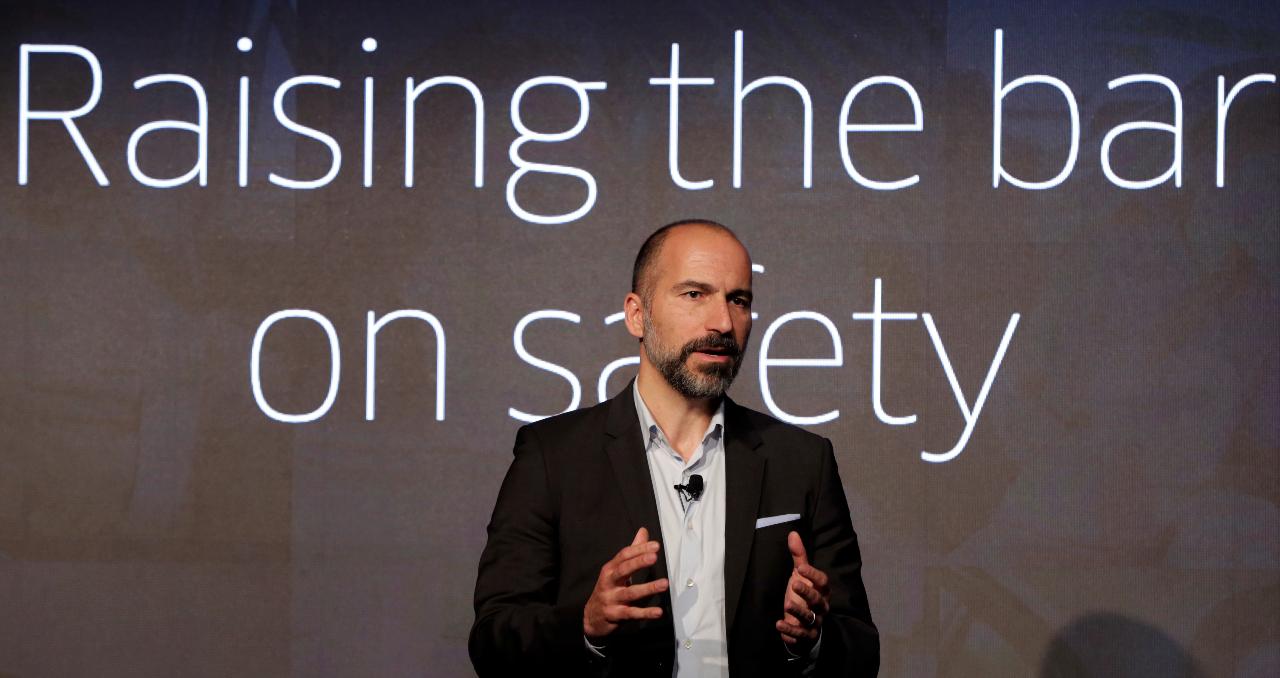Uber redefines sexual misconduct in public memo
Uber created a new platform to report sexual misconduct and harassment this week, introducing 21 categories from staring and leering to non-consensual sexual penetration, in hopes of increasing transparency and improving its public image.
The company partnered with the National Sexual Violence Resource Center and the Urban Institute to create the new taxonomy, which it released in a public memo on Nov. 12. The announcement was penned by Uber’s chief legal officer Tony West and the National Sexual Violence Resource Center’s chief public affairs officer Kristen Houser.
“Many of the most common unwanted sexual experiences may not fall into the most severe category but they nevertheless profoundly impact the victim,” they wrote. “For Uber, confronting reports of inappropriate or unwanted sexual behavior at any level is a business imperative, even if it does not rise to the level of potential criminal activity.”
Uber came under fire more than a year ago after public scrutiny into the company’s workplace culture that many said included sexual harassment and discrimination. CEO Travis Kalanick was eventually ousted in June 2017, along with a slew of senior leaders, according to the New York Times.
Sexual misconduct allegations, however, continued to plague the ride-hailing company this year. A CNN investigation found that more than 100 Uber drivers had been accused of sexual abuse or assault.
The company is also preparing a “transparency” report for 2019, which will include the company’s data on sexual assaults and other “severe” incidents that have been reported.
In May, the company became one of the first to drop forced arbitration, which allows employees to pursue their claims in court and reduces the risk of sexual misconduct allegations being kept secret.
Other major players in Silicon Valley -- like Facebook and Google -- announced last week that they would also remedy their sexual harassment policies, including dropping forced arbitration.




















